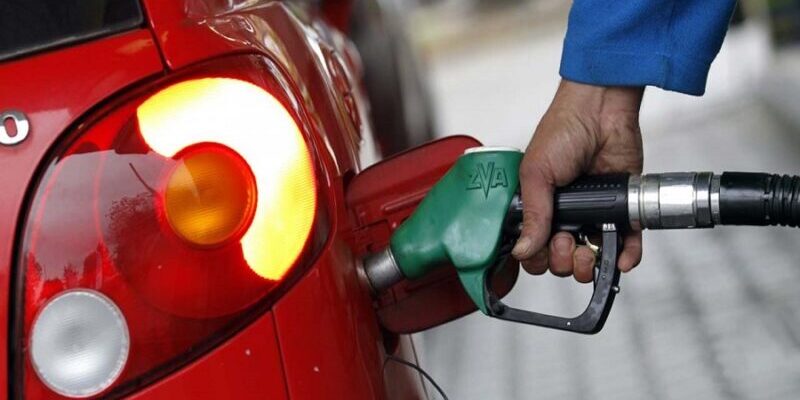Despite the operation of Nigeria’s largest single-train refinery, the Dangote refinery, marketers continue to rely heavily on imported premium Motor Spirit, commonly known as petrol.
Although the Dangote refinery has asserted that it can meet the Nigerian market’s demands, local oil marketers have challenged this assertion.
Recent findings by Punch revealed that at least four vessels transporting petroleum products were observed at the borders of Nigeria, contradicting claims that the Dangote refinery can supply the entire country. This situation highlights the refinery’s current inability to fulfill local demand adequately.
Oil dealers in Nigeria have reported that the Dangote refinery is producing approximately 10 million liters of gasoline daily, far short of the 25 million liters it initially pledged to supply.
Documentation from the Nigerian Port Authority obtained on Sunday indicated that 123.4 million liters of petrol were docked at two of the country’s seaports.
However, it remains unclear whether these shipments were from the Nigerian National Petroleum Company Limited (NNPCL) or other oil marketers.
In a recent interview with TVC, Yemi Oke, a Professor of Energy and Electricity Law at the University of Lagos, advised against over-reliance on the Dangote refinery at this stage.
He acknowledged that while the refinery is expected to eventually meet its 25 million liters per day commitment, it is premature to expect it to do so consistently at present.
“Over time, I predict that the Dangote refinery will stabilize, and we will see additional players enter the market,” he stated. “For now, it is reasonable for dealers to seek products from other markets, as it reflects the dynamics of demand and supply.”
On Friday, the first cargo of 35,000 metric tons of petrol, contracted to the West African Port Services, arrived at the ASPM jetty at 10:13 AM.
This was followed by another shipment of 37,000 metric tons allotted to Intership at 3:37 PM, and a third shipment of 10,000 metric tons docked at 3:59 PM, managed by Peak Shipping.
Finally, on Sunday at 8:02 AM, a ship carrying 10,000 metric tons of petrol arrived at the Eco Marine terminal in Calabar port.
In total, the four vessels delivered 92,000 metric tons of petroleum, underscoring the ongoing challenges in Nigeria’s fuel supply landscape.
![]()




